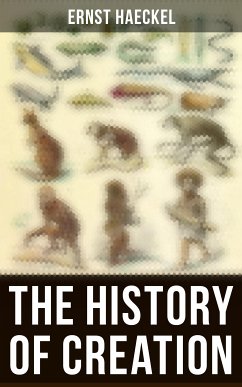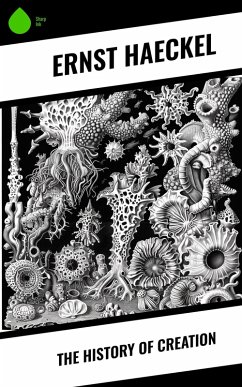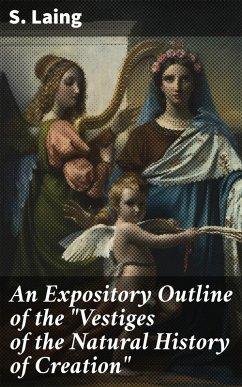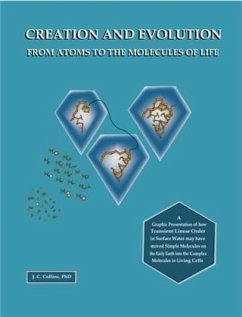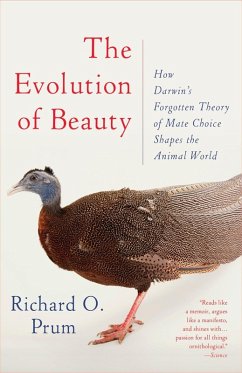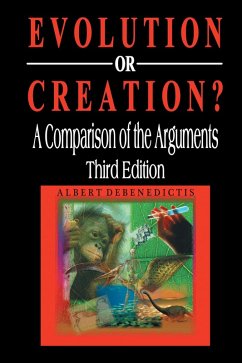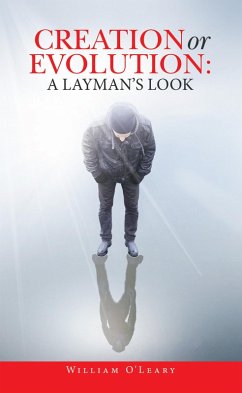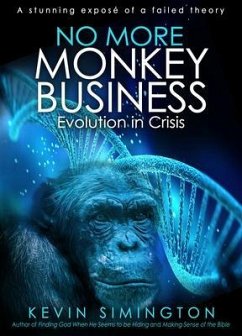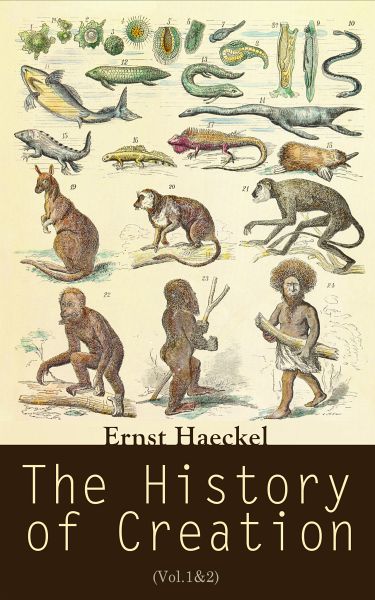
The History of Creation (Vol.1&2) (eBook, ePUB)
Complete Edition
Übersetzer: Lankester, E. Ray

PAYBACK Punkte
0 °P sammeln!
The History of Creation is a book by German scientist Ernst Haeckel, which deals with issues of creation and evolution under influence of Charles Darwin. The book did a great deal to further explain "Darwinism" and widens the theory to the world. Haeckel argued that human evolution consisted of precisely 22 phases, the 21st - the "missing link" - being a halfway step between apes and humans. He even formally named this missing link Pithecanthropus alalus, translated as "ape man without speech"
Dieser Download kann aus rechtlichen Gründen nur mit Rechnungsadresse in A, B, BG, CY, CZ, D, DK, EW, E, FIN, F, GR, H, IRL, I, LT, L, LR, M, NL, PL, P, R, S, SLO, SK ausgeliefert werden.




